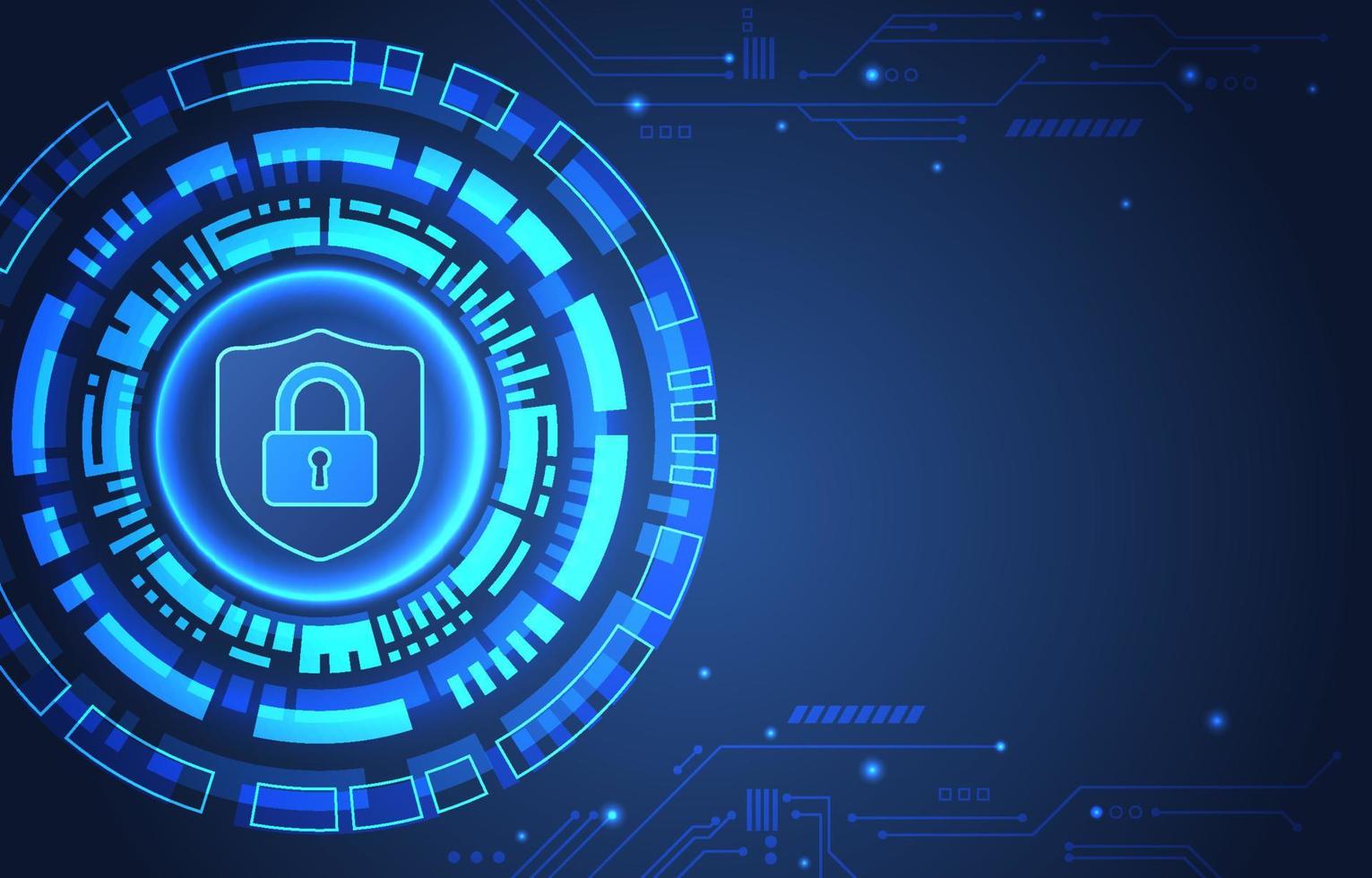Cybersecurity Rules: What You Individuals Need to Understand
Cybersecurity Rules: What You Individuals Need to Understand
Blog Article

In the current digital landscape, internet security is increasingly an important focus for businesses and entities of all sizes. Due to the rising occurrence and sophistication of online attacks, understanding the regulations that govern cyber defense measures is essential. These regulations not only strive to protect private data but also guarantee that companies comply with standards designed to secure their processes and preserve customer confidence.
With every moment, as the digital landscape changes, so do the laws and regulations that dictate how organizations should manage their cybersecurity measures. From the General Data Protection Regulation in Europe to the different compliance requirements in the United States, being aware about these regulations is important. This article explores the key elements of cyber defense regulations, offering information into their role and what organizations must do to adhere effectively.
Overview of Cybersecurity Regulations
Information security laws are essential frameworks established to protect confidential information and maintain the reliability of digital systems. As cyber threats continue to change, authorities and organizations have acknowledged the requirement for comprehensive guidelines that govern how information should be managed and protected. These regulations function as guidelines for businesses to verify they are taking sufficient measures to safeguard against security incidents and illicit access.
Cybersecurity Program
Regulatory bodies often establish laws that obligate organizations to follow specific practices, such as data encryption, frequent security evaluations, and employee training. Adherence is not just about avoiding penalties; it also shows a commitment to cybersecurity that can boost customer confidence and corporate image. Many sectors, especially those handling personal or financial information, are governed by stricter regulations designed to mitigate risks linked to potential data leaks.
In addition to state regulations, multiple industry-specific guidelines also play a crucial role in shaping cybersecurity practices. For example, the Payment Card Industry Data Security Standard (PCI DSS) details criteria for companies that handle credit card data. These guidelines provide a comprehensive approach to securing critical data and often enhance broader regulatory efforts, helping organizations establish and maintain robust cybersecurity measures.
Key Compliance Requirements
A key compliance requirements in cybersecurity is the protection of data. Organizations are required to implement measures to safeguard confidential information from unauthorized access and breaches. This includes implementing encryption techniques, maintaining security protocols, and regularly reviewing access controls. Ensuring that data is handled in accordance with regulations such as the General Data Protection Regulation (GDPR) is vital for businesses operating in or engaging with the European Union.
Another critical aspect of compliance involves incident response and reporting. Companies are expected to have a well-defined plan in place for addressing cybersecurity incidents effectively. This means establishing a process for detecting breaches, mitigating damage, and reporting incidents to the relevant authorities within a specified timeframe. Timely reporting is important to reduce the impact of a breach and to ensure that organizations remain compliant with laws like the Health Insurance Portability and Accountability Act (HIPAA).
In conclusion, employee training and awareness are critical components of cybersecurity compliance. Organizations must ensure that their employees are educated about cybersecurity risks and best practices. Ongoing training programs can help promote a security-first culture, lowering the likelihood of employee errors which often leads to breaches. Ensuring that staff understand their roles in maintaining security helps organizations stay compliant with regulations focused on protecting data integrity and confidentiality.
Next Developments in Online Security Regulations
As online dangers evolve to advance, so too will the legislation that seeks to counter them. We can expect future regulations to tackle innovations such as artificial intelligence and the IoT. Lawmakers will need to formulate measures that not only shield private information but also establish guidelines for the safety of IoT devices that are increasingly woven into our lives. This shift will possibly lead to more extensive systems that regulate the safeguarding measures of technology companies and organizations dealing with personal data.
In addition, the movement toward global cooperation is expected to intensify as global cyber attacks become more widespread. Countries will possibly join forces to establish common protocols that streamline how various countries address online threats. This could produce international data protection agreements and coordinated efforts to serious cybersecurity crises, encouraging a more integrated global approach to digital protection laws.
Finally, the rise of societal awareness regarding data privacy will shape new regulations. As individuals become more aware about their rights and the dangers associated with data breaches, lawmakers will be compelled to apply more stringent laws that focus on user privacy. This change could result in the establishment of more transparent rules and sanctions for organizations that struggle to ensure the security of sensitive information, thereby boosting accountability in the digital security environment.
Report this page